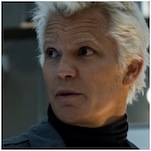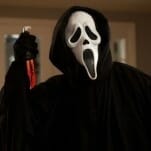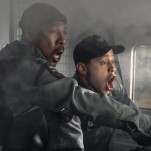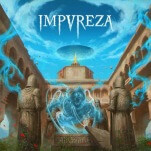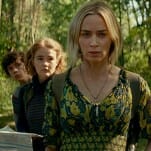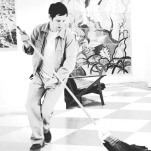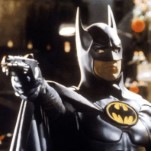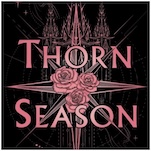The Monkey Reveals Some Feeling Beneath Its Torrents of Splat-stick Blood
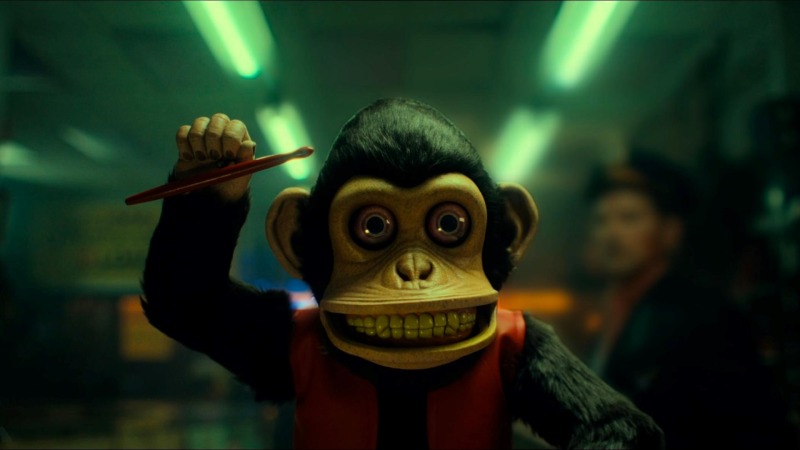
Last we saw the horror filmmaker Osgood Perkins, he was experiencing his biggest-ever mainstream success with a movie that took some famous genre touchstones like The Silence of the Lambs and The X-Files and made them feel, somehow, remote and uncanny again, recapturing their ’90s-era atmosphere while letting the freakiness fly off in a different tonal direction. Longlegs was also a big, unlikely hit – a Satanic pop song with black comedy just barely peeking out from its edges. That unsettling feeling of wrongness, that more obtuse depiction of the characters’ humanity, alongside the atmosphere of his earlier films, add up to Perkins seeming like a counterintuitive choice for something as direct and market-driven as another Stephen King adaptation.
For a while, The Monkey seems to bear this incongruity out. Hal Shelburn (Theo James) narrates the story of a childhood spent with his sadistic bully of a twin brother Bill (also James as an adult; both boys are played by Christian Convery as kids) and their discovery of a toy monkey that, when wound up, seems to cause random, horrific accidents in its vicinity. It’s Final Destination without a clear chain of command, and Perkins’ screenplay adapts King’s voice almost to distraction; it’s not full-on cornpone (nor is King’s writing, most of the time), but it’s voice-y and a little affected in a way that the quiet of Longlegs was not, a testament to how much mystery a horror movie can retain simply by keeping quiet. Longlegs was disquieting; The Monkey has the adjacent but not exactly the same effect of giving pause: Wait, is this serious? And then another: If not, is this even funny?
At first, it’s not exactly either, save for perhaps the Rube Goldberg demises, and the truly inventive degree of gore that inevitably comes rushing through the ends of death scenes like a gnarly flood. Even these gorehound punchlines are sometimes undercut by the sheer number of caricatured King-isms, recognizable even to casual fans: Bill’s over-the-top bullying, reminiscent of so many King stories of adolescence, here improbably relocated to a home where both boys are watched over by caring mother Lois (Tatiana Maslany); the additional bullying of even less nuanced side characters; the classic evil object, here further reduced of any movement beyond the mechanical wind-up and smack of those fake drums; the overt references to other works, like a character named for Misery’s Annie Wilkes. Then there are jokes that may not belong to King but whose cartooniness makes the broader characterizations seem vaguely bad-faith, like an impossibly young-looking pastor who is – again, highly improbably – unable to keep himself from muttering shocked profanities during a supremely undercooked eulogy. Is hearing “fuck” in an unlikely location as good as this stuff can get?
-

-

-

-

-

-

-

-

-

-

-

-

-

-

-

-

-

-

-

-

-

-

-

-

-

-

-

-

-

-

-

-

-

-

-

-

-

-

-

-






